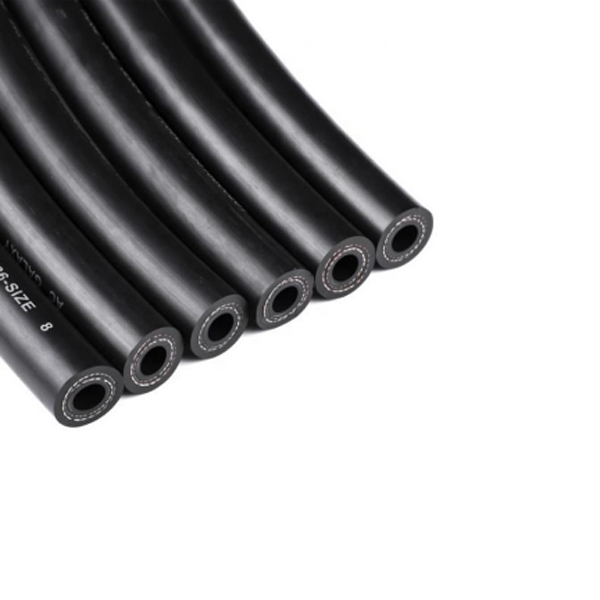diesel delivery hose
Nov . 05, 2024 13:54 Back to list
diesel delivery hose
Understanding Diesel Delivery Hoses Essential Components for Efficient Fuel Transfer
In the realm of fuel transfer, particularly concerning diesel, the equipment used plays a crucial role in ensuring safe and efficient operations. Among these components, diesel delivery hoses stand out as vital tools that facilitate the movement of diesel fuel from one place to another. Understanding the features, benefits, and applications of these hoses can significantly enhance operational efficiency and safety in various industries.
Diesel delivery hoses are specifically designed to withstand the rigorous demands of transporting diesel fuel. Constructed from durable materials such as synthetic rubber or thermoplastic elastomer, these hoses are engineered to resist the corrosive properties of diesel, ensuring longevity and reliability. The hoses are typically reinforced with high-strength fibers, which contribute to their flexibility and resistance to kinking, thereby maintaining a steady fuel flow.
One of the key features of diesel delivery hoses is their ability to operate under high pressure conditions. This is essential for various applications, including refueling vehicles, powering machinery, and transferring fuel to storage tanks. High-pressure ratings ensure that the hoses can handle the demands of industrial applications without the risk of bursting or leaking, which can be both dangerous and costly.
diesel delivery hose

Moreover, diesel delivery hoses come in various diameters and lengths, catering to a range of operational requirements
. This versatility allows businesses to select hoses that best fit their specific needs, whether they are conducting fueling operations at a fuel station, delivering diesel to remote sites, or servicing heavy machinery.Safety is a paramount concern in fuel delivery operations. Therefore, many diesel delivery hoses are equipped with safety features, such as anti-static properties and flame-retardant materials. These features minimize the risks associated with static electricity and potential fire hazards, making them safer for use in high-risk environments. Additionally, many hoses are designed with user-friendly couplings and connectors, facilitating quick and secure attachments to various fuel delivery systems.
Furthermore, regular maintenance and inspection of diesel delivery hoses are crucial to ensure their optimal performance. Operators should routinely check for signs of wear, leaks, or damage, replacing hoses as needed to prevent catastrophic failures. Implementing a robust maintenance schedule not only enhances safety but also prolongs the lifespan of the hoses.
In conclusion, diesel delivery hoses serve as indispensable tools in the safe and efficient transfer of diesel fuel. Their durable construction, high-pressure capabilities, and safety features make them suitable for a variety of industrial applications. By understanding the importance of these hoses and adhering to proper maintenance practices, businesses can ensure smooth operations and mitigate risks associated with fuel transfer.
